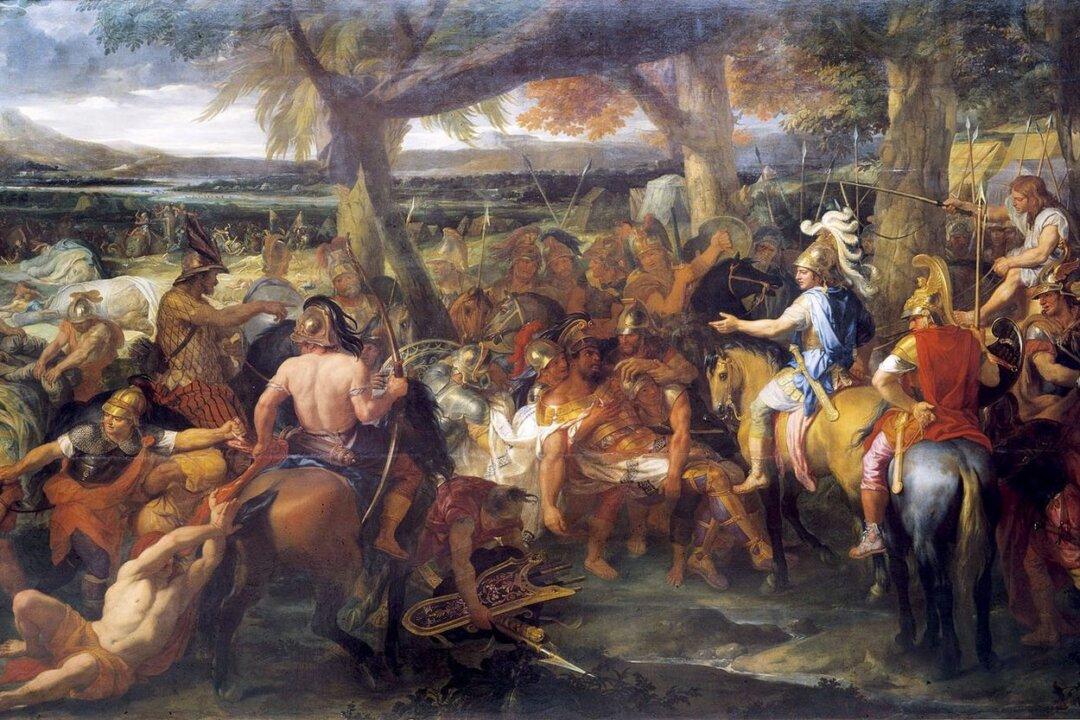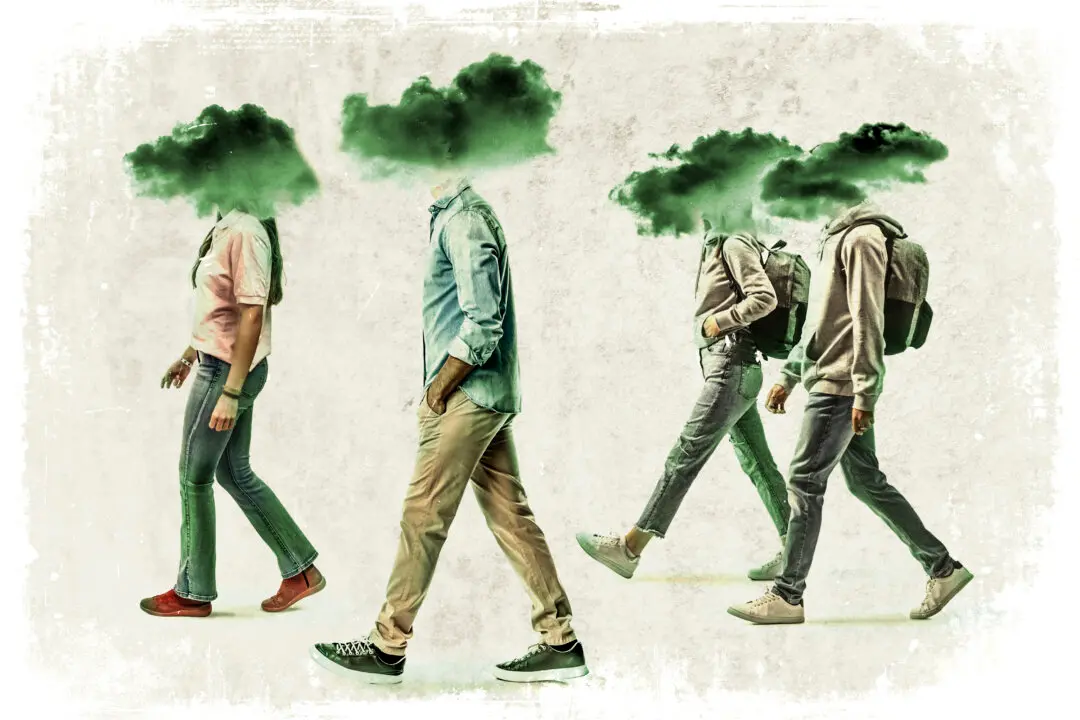Based the earliest surviving historical source on Alexander the Great, Diodorus Siculus (90–30 B.C.), we have seen the defining characteristics that made Alexander great over the course of most of his short life. These were his characteristics of building a brotherhood with his men, displaying good manners—even to those he conquered—and having faith in the gods. Now, we will see how these characteristics played out in the final chapters of this hero’s extraordinary life.
The Decline and Death of Alexander
Alexander died at the age of 32, not long after returning from his conquests. There is a great deal of significance in his early demise. It was as if he had been sent to earth for the purpose of these conquests, completed his mission, and departed at an age very similar to that of Jesus Christ, who also died around age 32 or 33.Most importantly, Alexander’s death perfectly correlates to his violation of all three of his noble virtues: his embracing of brotherhood, good manners, and faith. Once he defeated the Persian Emperor Darius III and effectively conquered the Persian Empire, Alexander’s character gradually changed for the worse.






